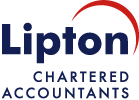Tax and National Insurance with Limited Company
It is possible to reduce your (UK) personal tax and national insurance by running your business via a limited company.
The amount of tax and NI you can save will depend upon several factors including the company’s profitability, your personal circumstances and the amount of funds you wish to withdraw from the business.
At Saga we regularly monitor our client’s businesses and suggest methods of reducing their tax liabilities, including whether incorporation (becoming a limited company) would be worthwhile considering in order to minimise tax and National Insurance.
Why tax and National Insurance savings are possible
Sole traders (and partners in a partnership) are currently taxed on their profits whether or not they withdraw them from the business. Depending upon their profitability and other income they could typically be paying tax and national insurance at a combined rate of 42% rising to 52% if income is over £150,000.
Companies pay National Insurance on wages at 13.8% (over £7,072 pa) and if the director is paid a low salary (between £7,072 and £7,475) and no benefits in kind, then the company will have a very small company National Insurance charge. This level of salary uses the director’s personal allowances so the company receives a tax deduction for the salary and the director pays no tax (assuming no other earned income).
Limited companies currently pay tax at rates as low as 20%.
By running the business through a limited company it is possible to have a rate as low as 17% on profits of £45,000 by mixing your income from the company as a combination of low salary and dividends
Dividends can only be paid out of the company’s after tax profits i.e. a maximum of 80% of the pre-tax profit, otherwise they will be illegal under Company Law and HM Revenue & Customs may treat them as loans/salary with adverse tax consequences.
It is recommended that your accountant checks over the figures before a dividend is declared and paid. As part of our service at Saga we prepare draft management accounts to calculate the amount of dividend available and prepare all the dividend documentation. Our clients who use our online accounting software are able to calculate their company’s profitability and dividend available at any time during the year.
Other things to consider.
There are many other issues to be considered when choosing whether to trade as a sole trader or limited company, including legal and commercial, as well as the additional administrative requirements. We are able to provide expertise and guidance to assist you, leaving you free to concentrate on running your business.

